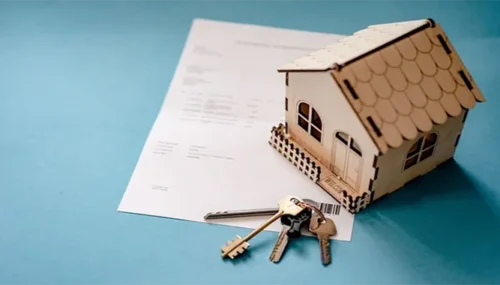The Best Apps for Tracking Household Expenses and Budgeting
In an increasingly digitized world, managing household expenses and budgeting has become more seamless and convenient through the use of mobile applications. From tracking daily expenditures to creating comprehensive budgets, there are numerous apps available to help streamline the financial management process for households. Here are some of the best apps for tracking household expenses and budgeting:
1. Mint:
Mint is a robust personal finance app that allows users to track their spending, create budgets, set financial goals, and monitor their overall financial health. The app automatically categorizes transactions, provides personalized budgeting tips, and offers a comprehensive overview of users’ financial accounts in one place.
2. YNAB (You Need A Budget):
YNAB focuses on proactive budgeting and financial accountability by encouraging users to allocate every dollar towards a specific purpose. The app provides tools for creating detailed budgets, setting savings goals, and tracking expenses, while also offering educational resources to …

















